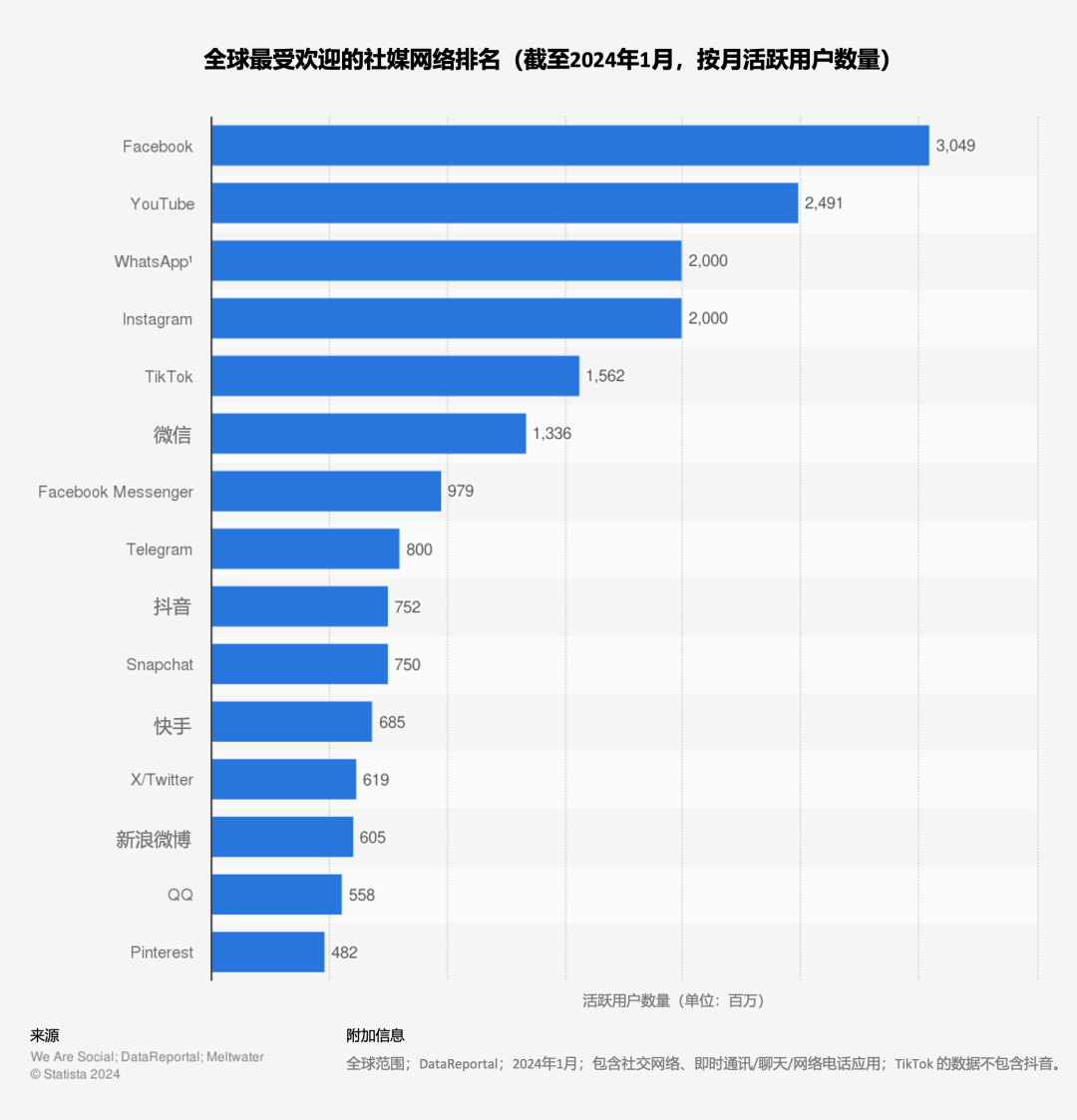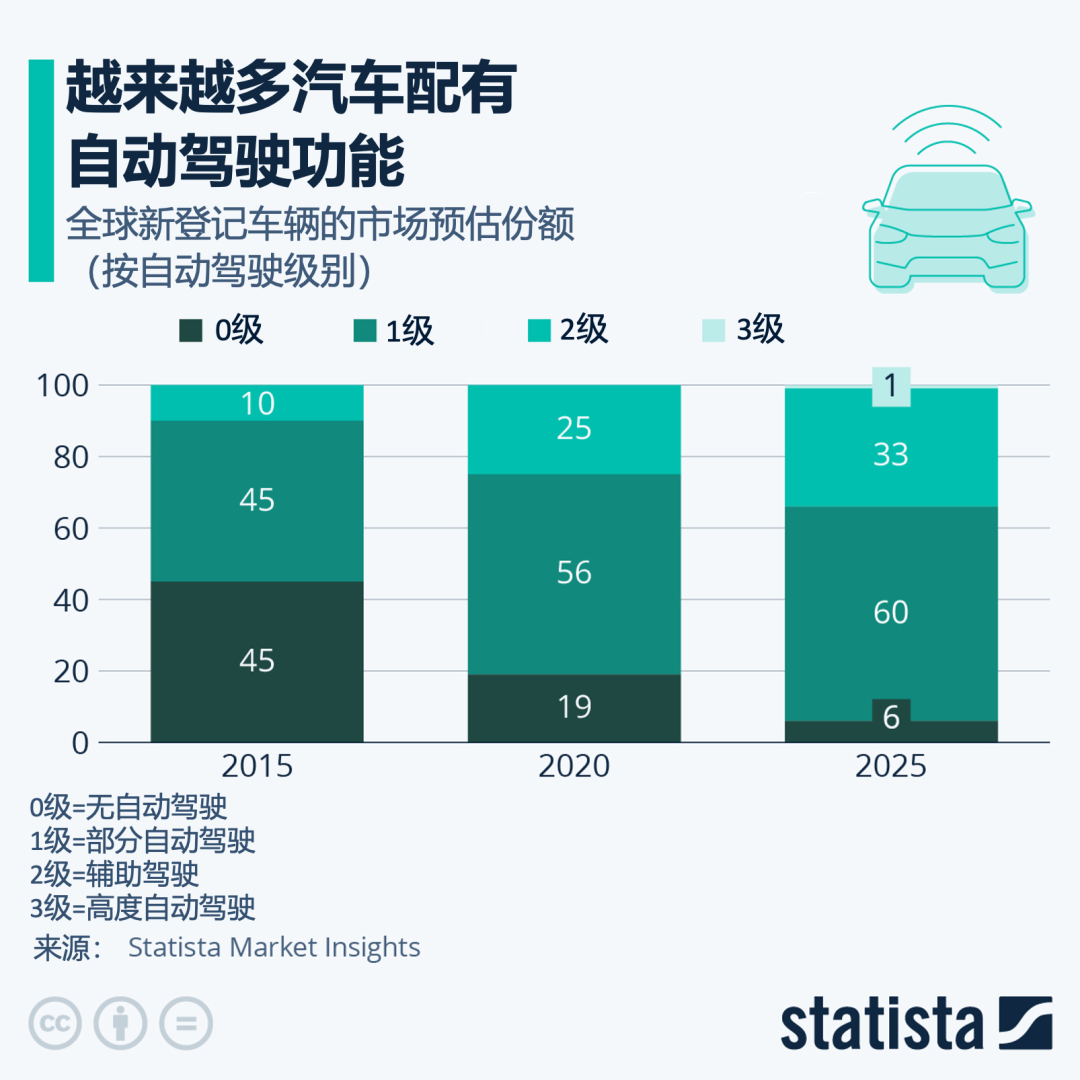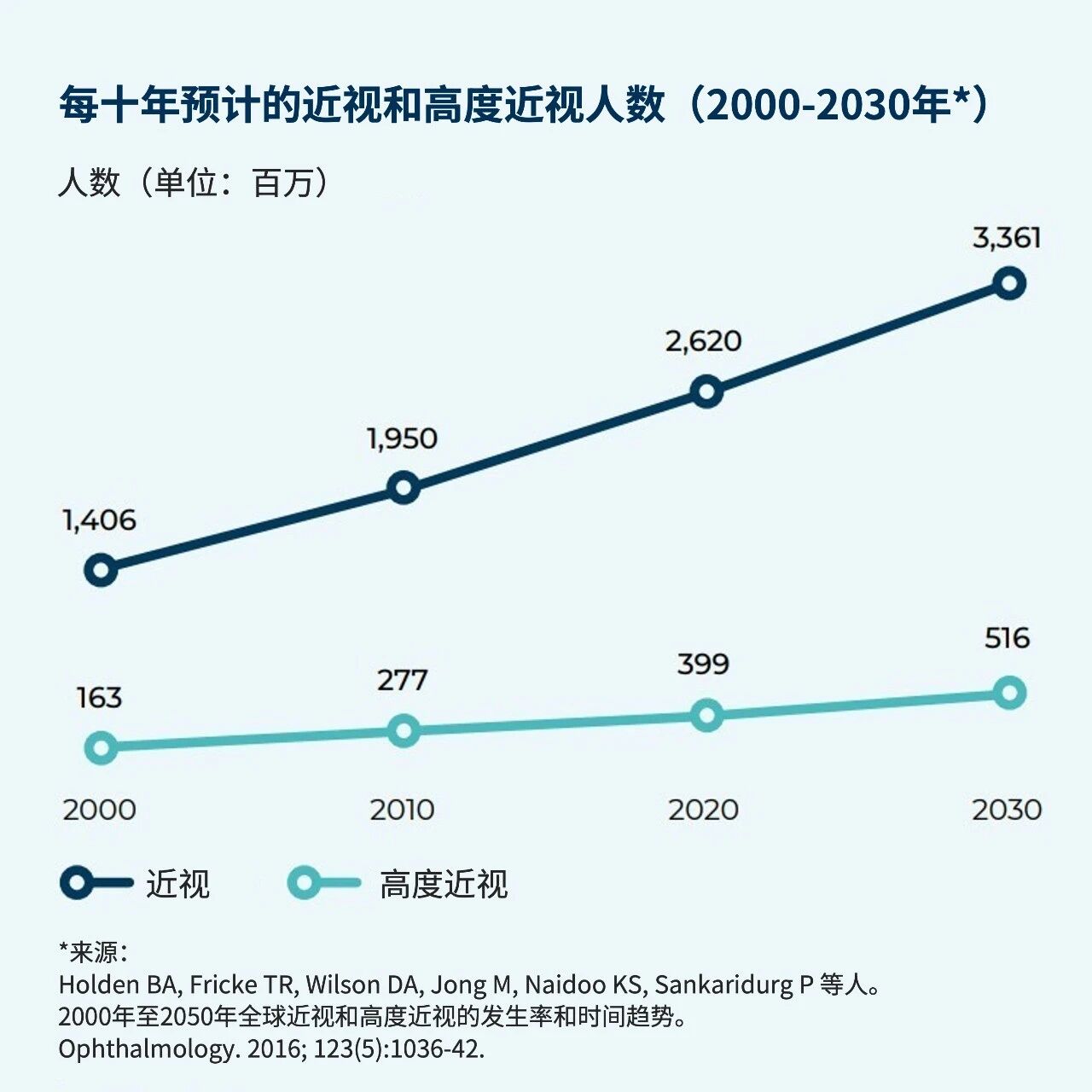The World Wide Web has been a key technological milestone over the past 40 years.
Image source:Unsplash/Ales Nesetril
Stephen Holroyd
Senior Writer for the Forum Agenda
Forty years have passed since Apple launched its first Macintosh personal computer.
Since then, technology has accelerated innovation, leading to numerous key technological milestones over the past 40 years.
The World Economic Forum's "Edison Alliance" aims to digitally connect 1 billion people to essential services such as healthcare, education, and finance by 2025.
On January 24, 1984, Apple launched the first Macintosh 128K, forever changing the history of personal computing.Steve Jobs' sleek, user-friendly computer introduced the graphical user interface, marking a pivotal moment in the evolution of personal technology.Since then, technology has accelerated innovation, with rapid advancements in areas such as computing, communications, connectivity, and machine learning.Here are 11 key technological milestones that have transformed human life over the past 40 years.The official birth date of the internet remains a matter of debate. However, the emergence of the World Wide Web has democratized access to information and paved the way for the modern internet we rely on today.The World Wide Web, invented by British scientist Tim Berners-Lee, was made publicly available in 1993. Since then, online communication, e-commerce, and the digital economy have begun to flourish.Since the advent of the internet, humanity has made remarkable progress, and global digital inclusion has become a top priority. Yet today, 2.6 billion people still remain unconnected to the internet. The World Economic Forum’s “Edison Alliance” aims to bridge this gap by connecting 1 billion people digitally to essential services such as healthcare, education, and finance by 2025.In 1997, public-access Wi-Fi emerged, allowing people to connect to the internet without cables—and fundamentally transforming the way we access the web. Without Wi-Fi, we wouldn’t be able to rely on the smartphones and internet connections that have become essential to our daily lives. Today, Wi-Fi has become an indispensable part of the modern, hyper-connected world.1998: The Google Search EngineIn 1998, the emergence of the Google search engine revolutionized efficient web searching and transformed how people around the world access and browse online information. Today, while we have a variety of options like Bing, Yahoo, and Baidu, Google remains the most widely used search engine.Over the past two decades, the rise of social media and online networking has profoundly transformed our interconnected lives. In 2004, MySpace became the first social media platform to reach one million monthly active users. Since then, platforms like Facebook, Instagram, and TikTok have reshaped how we communicate and engage socially, enabling large-scale global connections and fostering widespread information sharing—though these advancements have also sparked their fair share of controversy.In 2024, Facebook still dominates the social media landscape.
Image source: Statista
More than a decade after the advent of smartphones, the iPhone revolutionized mobile technology by seamlessly integrating multiple functions—such as calling, music playback, photography, and internet communication—into a single device. It set a new industry standard for smartphones, ultimately fueling the explosive global adoption of mobile devices.The foundation of modern digital payments lies in the first credit and debit cards introduced in the late 1950s, while the invention of Bitcoin in 2009 ushered in a new era of secure digital transactions. As the first decentralized cryptocurrency, Bitcoin introduced a groundbreaking, bank-independent digital payment system. At its core, blockchain technology offers a secure, transparent, and decentralized peer-to-peer payment method, fundamentally reshaping the very concept of digital commerce. Beyond influencing the development of other cryptocurrencies, Bitcoin has also sparked critical discussions about the future of money in the digital age.2014 was a pivotal year in driving the commercial adoption of virtual reality (VR). Facebook made headlines by acquiring Oculus VR for $2 billion, aiming to deliver high-quality VR experiences to consumers. Meanwhile, Samsung and Sony also unveiled their own VR products, while Google introduced Cardboard—a low-cost, DIY-style VR device designed specifically for smartphones (though it’s now discontinued). Fast forward to 2016, when Oculus VR began shipping its first batch of Oculus Rift headsets directly to consumers.Over the past two decades, self-driving cars have transitioned from science fiction to reality. By 2025, nearly two-thirds of all registered passenger vehicles worldwide are expected to come equipped with partial autonomous driving and steering capabilities. In 2015, Tesla’s Autopilot system introduced self-driving features to vehicles in the consumer market, paving the way for the widespread adoption of autonomous technology.By 2025, most new cars will come equipped with autonomous driving features—more or less.
Image source:Statista
In October 2019, Google’s Sycamore processor solved a complex problem faster than the world’s most powerful supercomputer, demonstrating "absolute quantum advantage"—a milestone that marks a pivotal moment in the history of quantum computing. Quantum technologies have broad applications and are poised to deliver transformative impacts across industries. The World Economic Forum’s “Quantum Economy Blueprint” offers a value-driven, democratically accessible framework for harnessing quantum resources, ensuring equitable global distribution and helping to bridge the growing quantum divide.2020: Digital TransformationThe COVID-19 pandemic has ushered in an unprecedented digital transformation. From personal and family interactions to the way we work—and even where we work—every aspect of human life has been reshaped by the virus's spread. Globally, rapid technological innovation and its widespread adoption have made remote work, video conferencing, telemedicine, and e-commerce essential components of daily life.2022: Artificial IntelligenceArtificial intelligence (AI) technology is no longer a novelty—AI-powered consumer electronics like smart home devices and personalized assistants are now everywhere. However, in recent years, the large-scale adoption of generative AI has become the mainstream trend.In 2022, OpenAI launched the chatbot ChatGPT. Within just one week, ChatGPT attracted over a million users, becoming the fastest-growing consumer application in history. Later that same year, OpenAI introduced DALL-E 2, a tool that generates images from text descriptions.
The above content solely represents the author's personal views.This article is translated from the World Economic Forum's Agenda blog; the Chinese version is for reference purposes only.Feel free to share this in your WeChat Moments; please leave a comment below if you'd like to republish.
Translated by: Di Chenjing | Edited by: Wang Can
The World Economic Forum is an independent and neutral platform dedicated to bringing together diverse perspectives to discuss critical global, regional, and industry-specific issues.
Follow us on Weibo, WeChat Video Accounts, Douyin, and Xiaohongshu!
"World Economic Forum"







